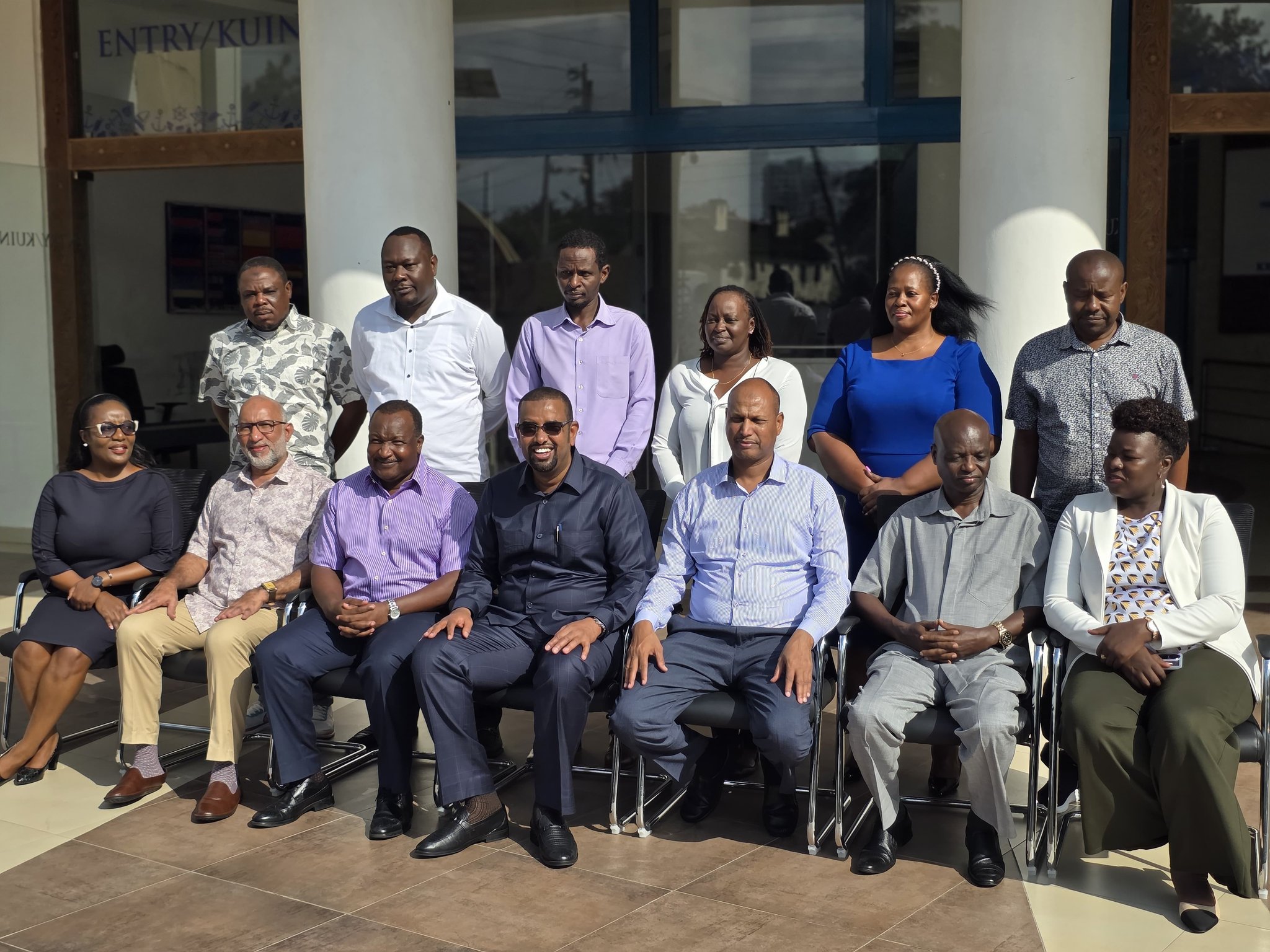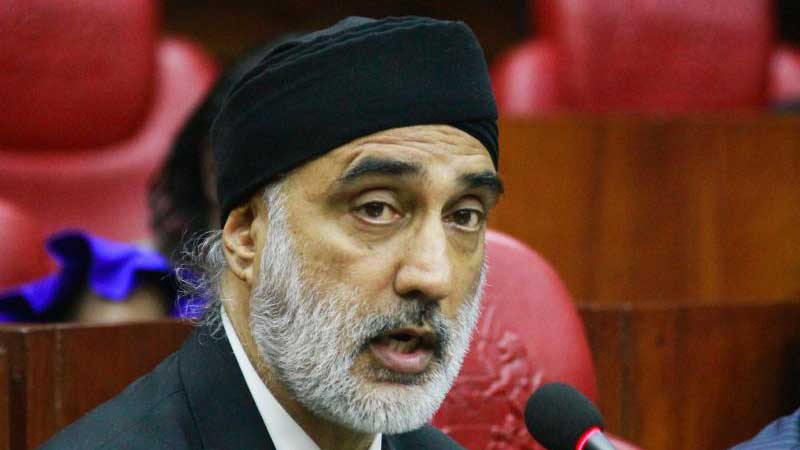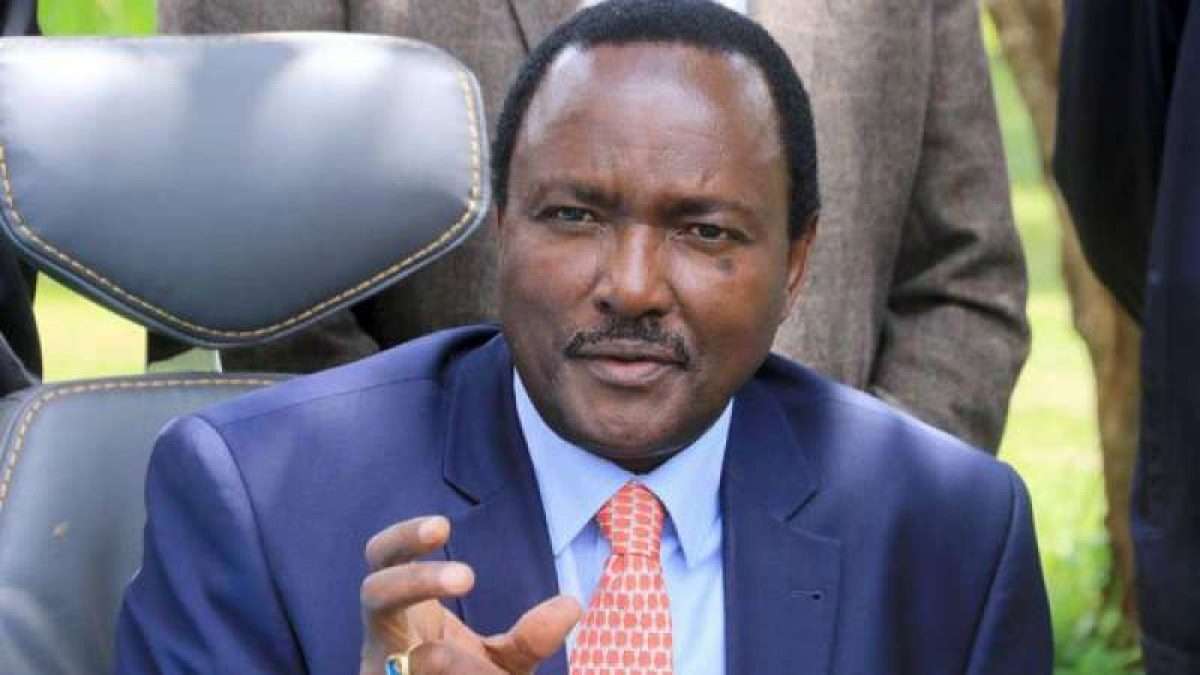KMA’s Director General position has earned an unenviable reputation as a poisoned chalice. The Authority has cycled through several heads in quick succession, each exit more controversial than the last. Mr Nyarandi replaces Eng. Martin Dzombo Munga, who was dramatically bundled out in September 2024, less than ten months into office, amid allegations of financial impropriety, irregular recruitment, and abuse of office.
Munga had been appointed with great fanfare in December 2023. Backed by then-KMA Board Chair Hamisi Mwaguya and former Principal Secretary Geoffrey Kaituko, he pledged to usher in a modernised, digitally transformed maritime sector aligned with Kenya’s blue economy aspirations. His agenda included ambitious plans for shipbuilding, commuter water transport, and even a proposed shipbreaking industry.
But by September, the honeymoon had ended abruptly. Munga was placed on compulsory leave as the Ethics and Anti-Corruption Commission (EACC) opened investigations into questionable hiring practices that spanned two financial years, 2022/2023 and 2023/2024.
“The board has effected changes,” Mwaguya said in a terse press release that masked a bitter fallout behind closed doors.
What followed was a cascade of arrests and exposés that tore deeper into the fabric of KMA’s leadership. Two senior officials, Henry Mwasaru, Head of Human Resource and Administration, and Bevaline Lundu, Head of Supply Chain Management, were arrested in connection with a KSh40.5 million insurance tender scam. They are accused of colluding with executives from Liaison Group Insurance Brokers to rig multiple tenders in favour of predetermined bidders.
According to a whistleblower letter dated August 2024 and seen by The Weekly Vision, several tender documents were allegedly drafted at the offices of suppliers before being advertised by KMA. The letter, authored by the Capital Youth Caucus Association and addressed to oversight bodies including the EACC, painted a picture of a procurement system riddled with manipulation and collusion.
The tenders flagged in the exposé include:
- KMA-ONT-29-2022-2023: General Insurance Cover
- KMA-ONT-20-2023-2024: Group Life Assurance Cover
- KMA-ONT-19-2023-2024: Medical Insurance for Staff and Board
Internal email correspondences reviewed by investigators appeared to confirm coordination between KMA insiders and preferred vendors, raising the possibility of a broader network of fraud embedded deep within the Authority.
The mismanagement at KMA is more than an internal governance failure; it is a national economic crisis. The blue economy, encompassing Kenya’s maritime, coastal, and ocean-based resources, is estimated to have the potential to generate over KSh600 billion annually. Yet, as former Principal Secretary Kaituko lamented before his departure, the country continues to bleed opportunities due to poor leadership and systemic underinvestment.
“Kenya has 18 sub-sectors under the blue economy, but we are barely scratching the surface,” he said. “If we were a serious flag state, we could be generating 20 times more through KMA than we currently do.”
A key failure lies in Kenya’s inability to establish a credible and competitive national ship registry. Without this foundational infrastructure, vessels continue to register under foreign flags, diverting vast revenue streams away from the local economy.
KMA Board Chair Ahmed Kolosh is confident that Omae Nyarandi’s appointment marks a turning point. “He brings decades of experience in maritime affairs and regional diplomacy,” Kolosh said during the unveiling ceremony. “We believe he is exceptionally suited to lead KMA into a future of integrity and innovation.”
Nyarandi himself pledged to uphold transparency and accountability: “I am ready for the task. I will work closely with the KMA team to fulfil the Authority’s mandate.”
Principal Secretary Aden Millah echoed the optimism, describing the appointment as “a defining moment” for Kenya’s maritime future.
Yet for many within the industry, optimism is tempered by experience. As one maritime stakeholder who spoke to The Weekly Vision on condition of anonymity put it: “We’ve seen too many reformists chewed up by the system. Unless the rot is removed at its roots, Nyarandi may be next in a long line of sacrificial lambs.”
To succeed, Nyarandi must not only navigate the treacherous politics within KMA but also work swiftly to restore credibility among stakeholders, enforce accountability, and push through long-stalled reforms. Top of the agenda should be:
- Overhauling procurement systems to eliminate tender manipulation.
- Strengthening internal audit mechanisms.
- Fast-tracking the development of a national ship registry.
- Delivering visible progress on key blue economy initiatives.
The maritime sector remains one of Kenya’s most underexploited economic frontiers. Whether Omae Nyarandi’s leadership ushers in a genuine turnaround or merely papers over deeper dysfunction will be closely watched in the months to come.
Do you have insights, leaks, or documents relating to this story? Contact The Weekly Vision’s Investigations Desk confidentially at news@theweeklyvision.net
[/full]





